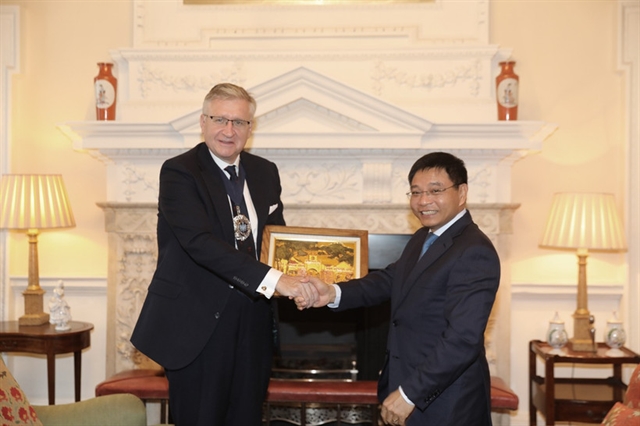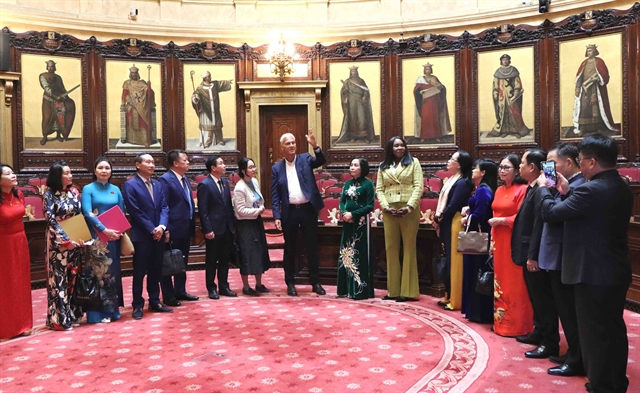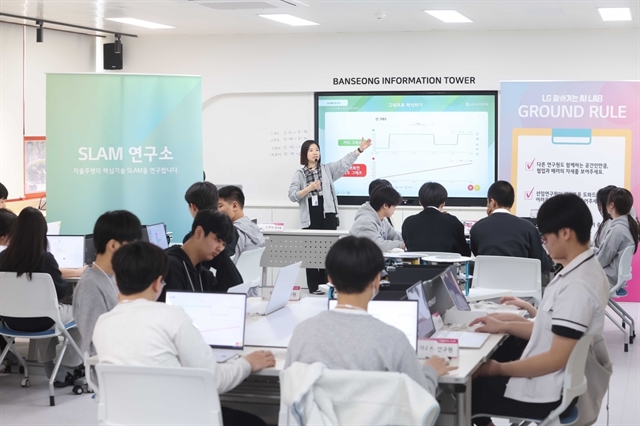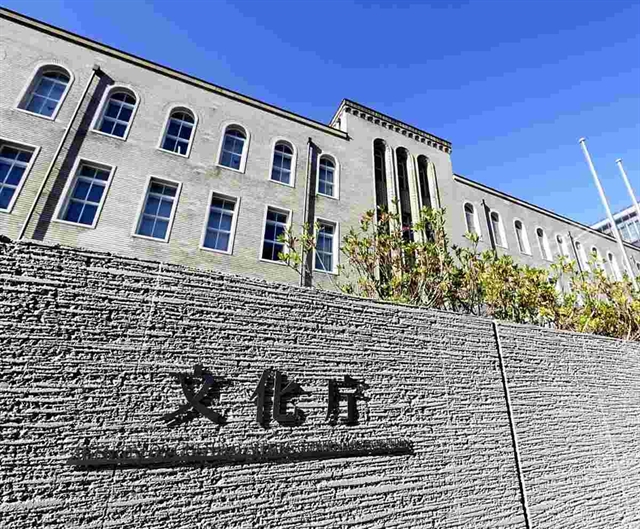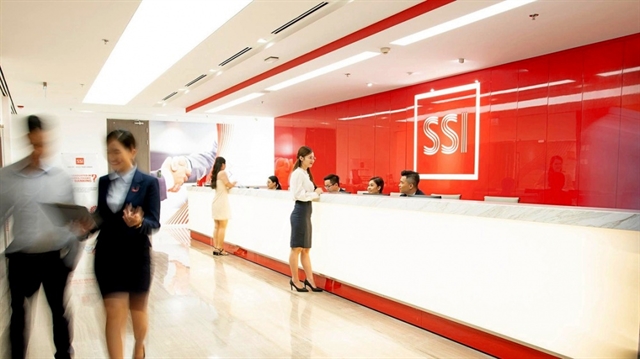

Greek Prime Minister Alexis Tsipras accused neighbouring Macedonia on Monday of "shaming" Europe by firing tear gas and rubber bullets at migrants desperately trying to break through a border fence.
IDOMENI, Greece — Greek Prime Minister Alexis Tsipras accused neighbouring Macedonia on Monday of "shaming" Europe by firing tear gas and rubber bullets at migrants desperately trying to break through a border fence.
Tensions are still running high after Sunday’s violence, which saw 250 refugees and migrants hurt at the flashpoint Idomeni crossing as they tried to force their way into Macedonia.
Another brawl broke out Monday between rival nationalities in which a tent was set on fire, an AFP reporter said.
Tsipras said Macedonian police had used tear gas and rubber bullets Sunday against "people who were clearly not armed and constituted no serious threat."
"This is a great shame for European culture and for countries who want to be part of it," he said, in a jab at Macedonia’s aspirations to join the European Union.
The refugee crisis has piled further pressure on ties between the neighbours already strained by a two-decade dispute over Macedonia’s name.
Athens does not accept its neighbour calling itself Macedonia, claiming a historical right to the name because the heart of Alexander the Great’s ancient kingdom lies in Greece’s northern Macedonia region.
Extremism fears
The UN’s refugee agency urged the EU to implement a much-delayed scheme to relocate 160,000 refugees to ease pressure on Greece, which has been left with a massive bottleneck of migrants following a series of border closures on the Balkan migrant route.
While a controversial deal between the EU and Turkey is reducing the influx into Greece, more than 11,000 people are stuck at Idomeni.
There are also fears that efforts to shut down the Turkey-Greece route could encourage migrants to attempt to reach Europe via the even more dangerous crossing from Libya to Italy, with the Italian coastguard rescuing 1,850 migrants on Monday.
Sunday’s clashes were the latest unrest to erupt at Idomeni, where grim living conditions have made it a symbol of the misery faced by thousands who have fled war and poverty to reach Europe, many of them refugees fleeing war in Syria and Iraq.
Greek police minister Nikos Toskas warned that violence against migrants could fuel religious extremism.
"Those beaten yesterday are the jihadists of tomorrow if we are not careful," Toskas told Skai radio.
Macedonia has hit back, denying that it used rubber bullets against migrants and accusing Greek police of failing to intervene as around 3,000 people "violently" tried to cross the border, hurling stones and injuring police.
But medical charity Doctors Without Borders (MSF) said it treated around 30 people for injuries from rubber bullets – three of them children under 10 – along with 200 suffering breathing problems and 30 with other injuries.
German concern
Greek efforts to move the huge crowds from the squalid encampment at Idomeni into nearby reception centres have so far been unsuccessful.
German Chancellor Angela Merkel’s spokesman Steffen Seibert said Berlin was watching developments there "with concern" and urged all states to ensure border security was strictly in line with human rights.
He urged migrants to move into Greece’s official shelters and to stop attempting illegal border crossings, saying this was "not a hopeful option."
The European Commission has also called for the people blocked at Idomeni to be relocated, with spokeswoman Mina Andreeva warning them not to push head with "a dangerous and irregular onward journey."
Greek-Macedonia row deepens
Sunday’s violence broke out after Arabic-language leaflets distributed around the camp falsely suggested the border was about to open, prompting Greece to double its police presence in the area.
Tsipras on Monday blamed non-Greek volunteers for "inciting" migrants to storm the fence.
"I am told (some of them) are staying at Gevgelija (on the Macedonian side) and go back and forth," he said.
The clashes have only served to escalate the row between Athens and Skopje.
Countries which display behaviour "incomprehensible and unacceptable to humanity certainly have no place in the EU or NATO," Greek President Prokopis Pavlopoulos said.
"I am referring to (Macedonia) specifically."
Skopje has furiously defended its actions, saying 23 of its border police were injured Sunday and accusing Greek police of failing to lift a finger to stop the migrants.
The Greek government said it had lodged two "very strong protests" with Macedonian authorities. — AFP

